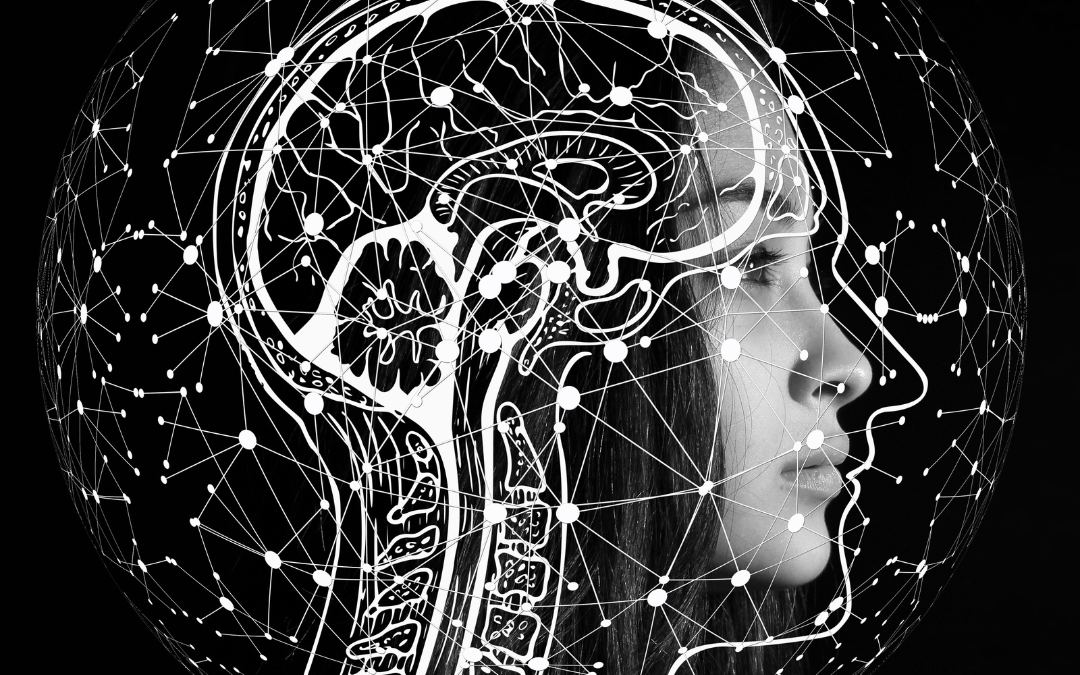What is positive thinking?
Thinking positively can have a powerful effect on our lives and the way we experience the world, it can be an incredibly powerful tool, but it’s important to remember that it isn’t a one-size-fits-all solution. Our minds are complex and many other factors can help you achieve a positive mindset. It is also important to take into account the other elements of your mental and emotional well-being. Incorporating strategies like self-care, mindfulness, meditation and goal-setting can help you create an environment where your mind can function for you in achieving success, whatever success means to you.
What is the science behind positive thinking?
Positive thinking is the belief that our thoughts can influence our reality and result in positive outcomes. This is based on the idea that our thoughts affect our emotions and behaviour, which then influences our actions and decisions. The science behind positive thinking is rooted in the fields of neuroscience and psychology. Neuroscientists have found that when we think positively, our brains release endorphins, feel-good hormones such as serotonin, dopamine, and oxytocin. These hormones make us feel happier and more relaxed, allowing us to think more clearly and be more productive.
Endorphins are hormones released by the brain in response to pleasurable activities, such as exercising or eating certain foods. Oxytocin is often referred to as the “love hormone” or the “cuddle chemical”, and is released when someone experiences physical or emotional contact with another person. And serotonin is a neurotransmitter and hormone associated with feelings of happiness and relaxation.
Psychologists have also found that positive thinking can help us regulate our emotions and cope with stress better. It can help us to become more resilient, increase our self-esteem, and improve our overall physical and mental health.
What are thoughts and where do they come from?
Thoughts are internal mental processes unique to each of us and can be incredibly powerful in helping us to make sense of the world. We are not our thoughts we have them, they are formed from our experiences, memories, and values and are influenced by our environment as well as our current state of mind, which can be affected by stress, hormones, and health. Through our experiences and interactions with others, we form ideas and beliefs that shape our thoughts. We can use our thoughts to develop new ideas, make decisions, and solve problems.
How do we change our thoughts?
Changing our thoughts can be a challenging process, but it is possible. One way to start is by recognising unhealthy or unhelpful thoughts that come up and challenging them with more constructive and positive thoughts. We can also focus on reframing our thoughts, focusing on what we can do instead of what we can’t, and acknowledging our accomplishments. Practising mindfulness and relaxation can also help us to become more aware of our thoughts and to be more effective in managing them. It can be helpful to talk to a friend, therapist, or another support person who can help us to identify and change our thought patterns.
- Identify the thought pattern that you want to change. Maybe it’s a thought that’s contributing to negative emotions or holding you back from reaching your goals.
- Challenge the thought. Ask yourself if the thought is logical and if it’s based on facts.
- Reframe the thought. Replace the negative thought with a more positive one.
- Focus on the present moment. Take a few deep breaths and be mindful of your environment. This can help you stay grounded and limit the influence of your thoughts.
- Practice self-care. Taking time for activities that make you feel good.


